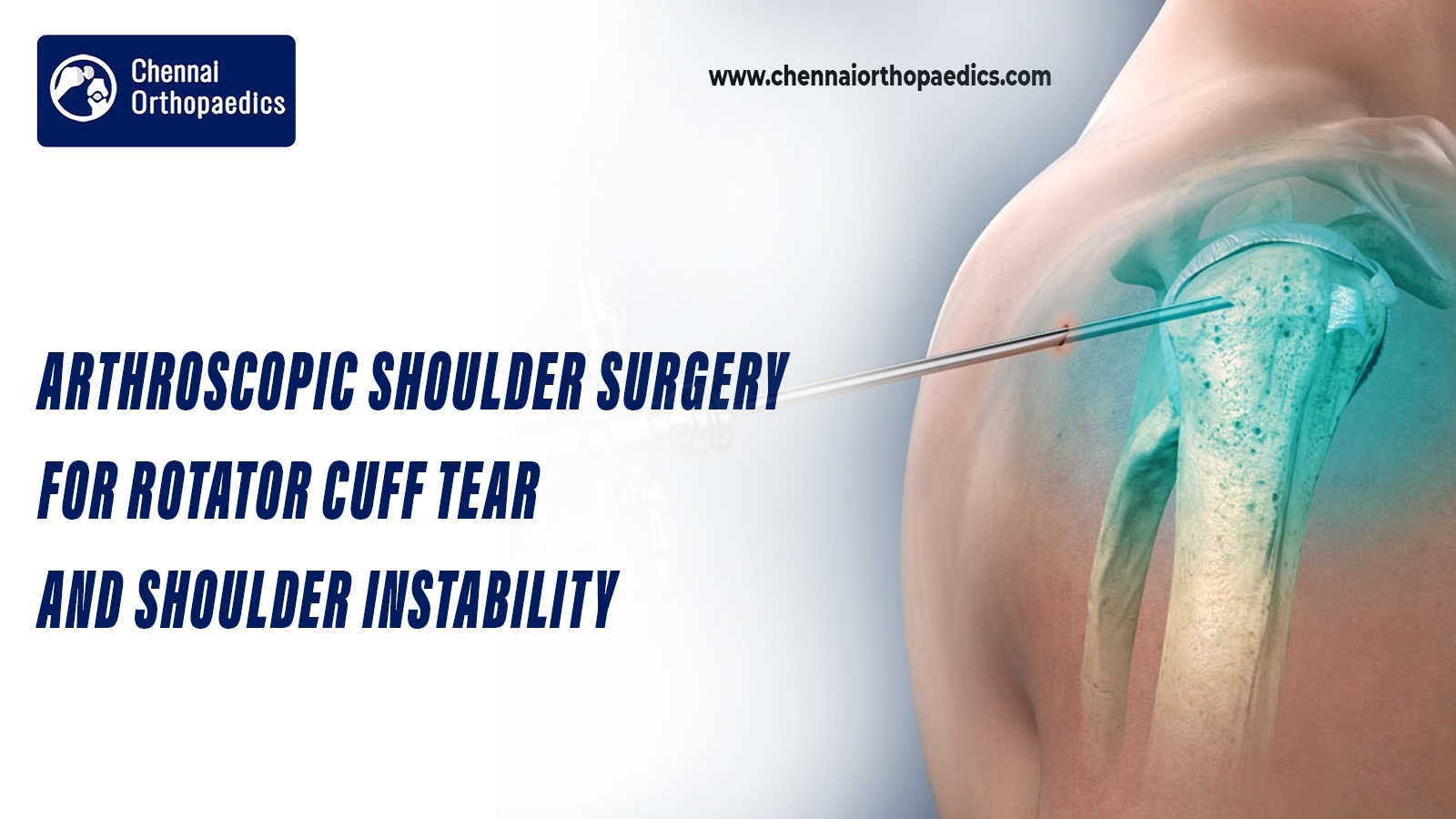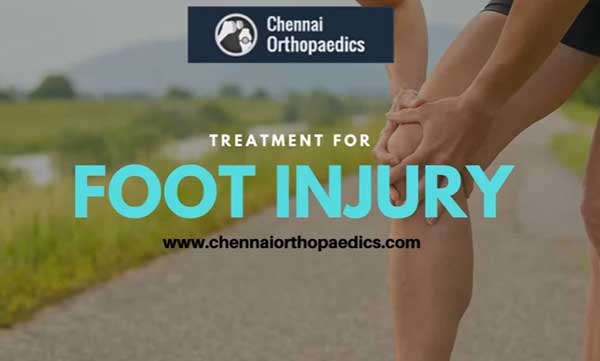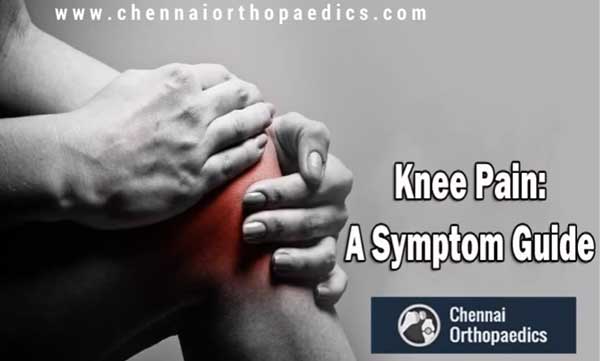Date :28-Feb-2025
The shoulder is prone to injuries due to its complex structure and wide range of motion. It is one of the most mobile joints in the body, but this flexibility comes with less stability, making it vulnerable. Key factors include rotator cuff weakness, repetitive overhead movements and instability from dislocations. In this blog I’ll talk about arthroscopic surgery for rotator cuff tear and shoulder instability but before I get into that, I’ll talk about what rotator cuff tear and shoulder instability is.
What is rotator cuff tear?
The rotator cuff is a group of four muscles and tendons in the shoulder that help stabilize the shoulder joint and assist in shoulder movements. A tear in the rotator cuff can happen suddenly due to some particular type of motion or can happen overtime due to degeneration.Rotator cuff tearis common in older people and athletes.

What is shoulder instability?
Shoulder instability refers to a condition where the muscles surrounding the shoulder joint are not functioning in harmony. This happens when the shoulder joint gets loose, often due to dislocation or repeated subluxation. This can lead to damage to the ligaments, labrum or cartilage that stabilize the shoulder.
What is Arthroscopic surgery?
Arthroscopic surgery is a minimally invasive surgery used to treat various shoulder conditions including rotator cuff tear and shoulder instability. In this surgery, a surgeon uses an Arthroscope, which allows the surgeon to view and operate inside the joint through small incisions.Even though it is a minimally invasive surgery, it requires specialized training and high level of skill to perform this surgery as the working space is very limited. So, it is advised to consult an experienced orthopaedic to perform this surgery since it requires extreme precision.
Athletes, older adults, people suffering from recurrent shoulder dislocations, manual laborers, people with combined shoulder issues and the ones suffering from acute shoulder injuries are typically recommended for arthroscopic surgery when the non-surgical options fail to relieve symptoms.
Arthroscopic surgery for rotator cuff tear:
This surgery is usually performed under general anaesthesia, sometimes combined with a nerve block to minimize postoperative pain. In this surgery, the surgeon uses a small camera called an arthroscope to view the shoulder joint. The surgeon makes a small incision through which they insert this arthroscope which displays the image on a monitor, allowing the surgeon to see the tear and repair it through other small specialized instruments. The surgeon will remove any damaged tissue, smooth out the torn tendon and even reattach it to the bone.Duration of this surgery is about 1 to 2 hours based on the severity of the tear.
Arthroscopic surgery is highly effective for rotator cuff tear, especially when done early after the injury.
Arthroscopic surgery for shoulder instability:
This surgery is typically performed under anaesthesia or regional anaesthesia. In this surgery, the surgeon makes small incisions through which he/she will insert the arthroscope to view the shoulder joint. Through other small incisions, specialized instruments are used to tighten or repair the damaged ligaments, tendons or labrum. The surgery usually takes about 1 to 2 hours, depending upon the complexity of the instability.
Arthroscopic surgery is highly effective for shoulder instability as it helps the patient regain proper shoulder mechanics and prevent them from future shoulder dislocation.
Benefits of arthroscopic surgery:
- Arthroscopic surgery involves making very small incisions typically less than a centimetre. This reduces tissue damage compared to open surgery, which requires much larger incisions.
- Due to smaller incisions and less trauma to the muscles and tissues, patients experience less pain and discomfort.
- Patients often have a quick recovery compared to open surgery as the tissue damage is less.
- The smaller incisions result in minimal scarring.
- These small incisions also reduce the risk of infections as there is less exposure of tissues to the potential contaminants.
- The minimally invasive technique results in less bleeding than open procedures.
- Because there is less tissue damage, the risk of complications such as stiffness, welling and blood clots is also minimized.
Conclusion:
Arthroscopic surgery has revolutionized the way we treat shoulder injuries and conditions. With its minimal invasive approach patients experience less scarring, quick recovery and less pain. If you are experiencing shoulder instability or rotator cuff tear, arthroscopic surgery could be a game-changer for you to return to your daily life activities. Even though it is a less invasive surgery, it requires a lot of precision to perform the surgery. So, it is highly recommended to consult an expert orthopaedic like Dr Bharani Kumar who has an experience of over 21 years in this field. With extensive experience in arthroscopic shoulder surgery, offering advance treatment for conditions like shoulder instability and rotator cuff tears. Dr Bharani Kumar combines expertise with patient-centered approach to provide effective, minimally invasive care, making him a trusted choice for top quality shoulder treatment.














